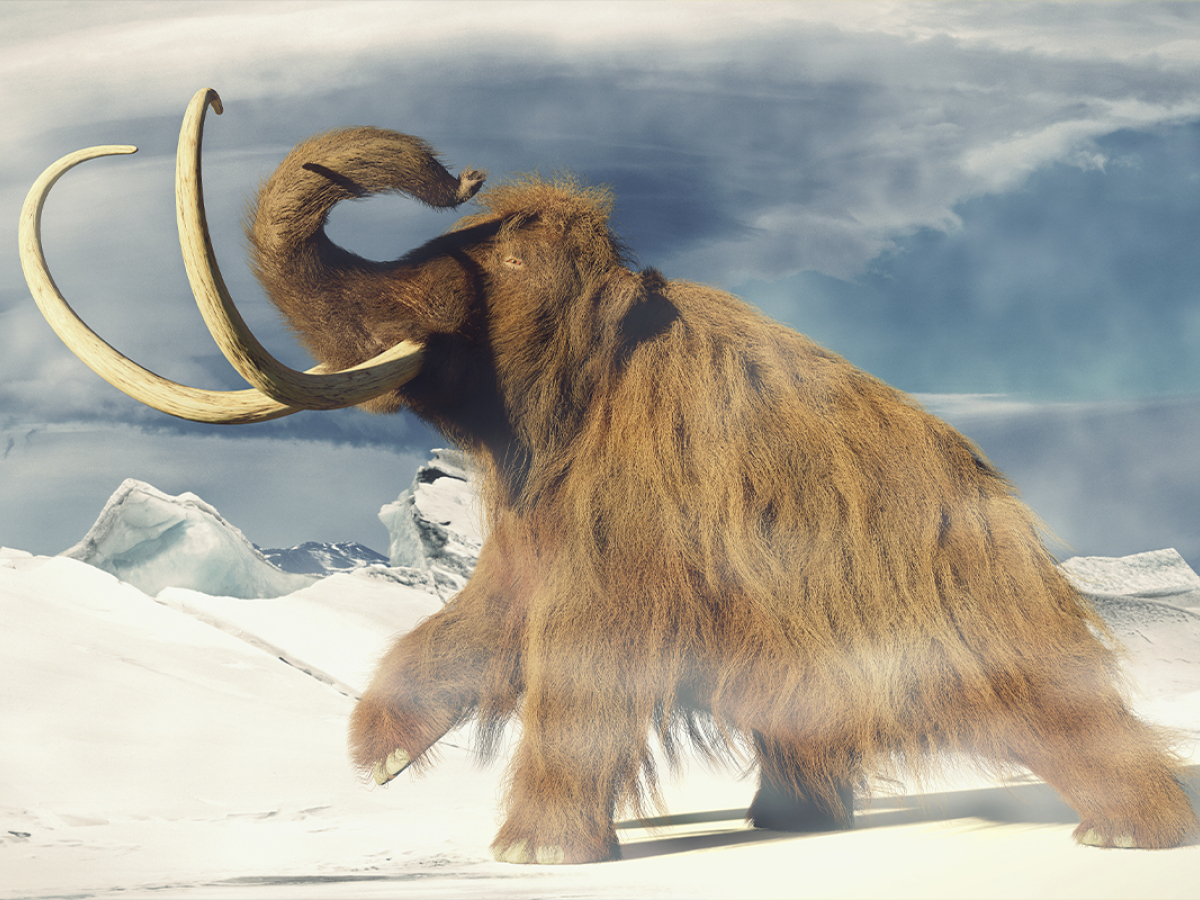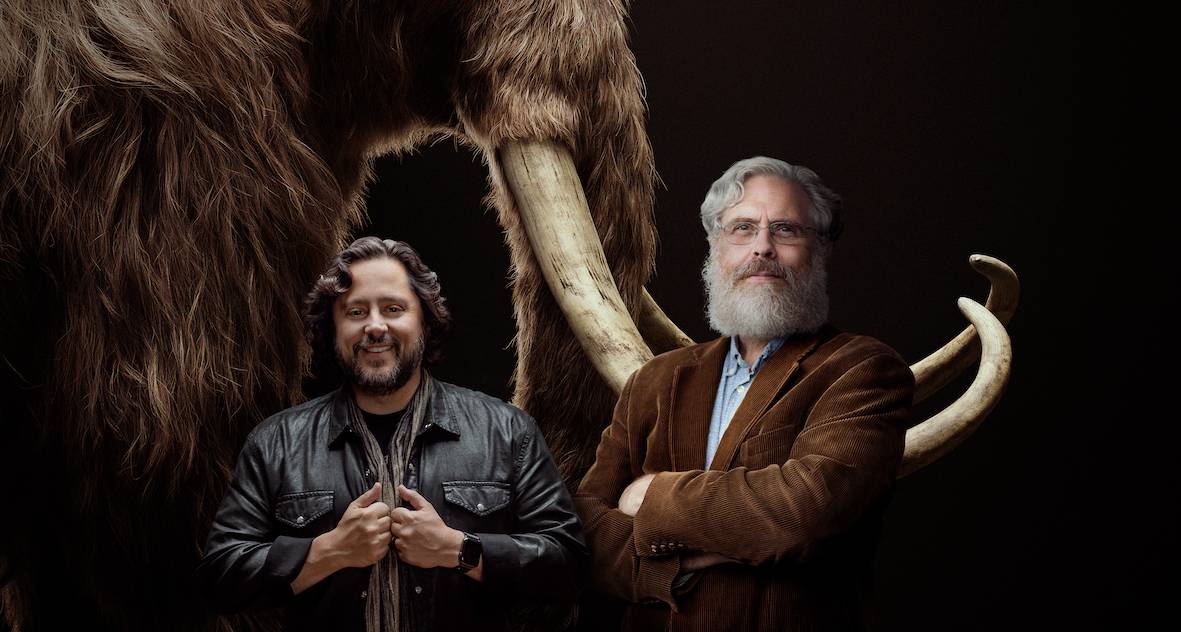
Cardano founder wants blockchain to play a role in making it possible for the woolly mammoth to walk the Earth again in a few years
Contents
- A colossal goal
- No “Jurassic Park”
Charles Hoskinson, the founder of the Cardano blockchain, has backed Colossal, a biotech start-up that wants to resurrect the woolly mammoth.
The “de-extinction” company has an ambitious goal to bring the majestic animal back from extinction by 2027 with the help of the cutting-edge CRISPR gene-editing technology.
George Church, a Harvard Medical School professor, launched Colossal together with technology entrepreneur Ben Lamm in September 2021 after initially raising $15 million in seed funding.

A colossal goal
Hoskinson participated in the start-up’s recently announced $60 million Series A led by Legendary Entertainment CEO Thomas Tull. Crypto-friendly socialite Paris Hilton also invested in Colossal, along with a slew of venture capital firms.
There have been years of research into how to revive an extinct species by juxtaposing DNA samples retrieved from fossils with those of their modern counterparts. Church has spent more than 10 years working to bring the woolly mammoth to life. The gene-editing pioneer continues to work on a mammoth embryo that will be based on the elephant genome.
Where does crypto fit into “de-extinction?” Hoskinson claims that blockchain can be utilized for crowdfunding and intellectual property (IP) management.
No “Jurassic Park”
Colossal’s founders have repeatedly stressed that their objective is to reverse the biodiversity collapse that has taken place on Earth. They also potentially plan to tackle the melting of permafrost.
Some critics, however, warn that the resurrection of extinct animals comes with various ethical concerns. Others say that it would be more prudent to invest in preserving endangered species.
While woolly mammoths generate flashy headlines, that are not Colossal’s only focus. The company is, in fact, also working on preserving endangered species such as the white rhino.
This news is republished from another source. You can check the original article here



